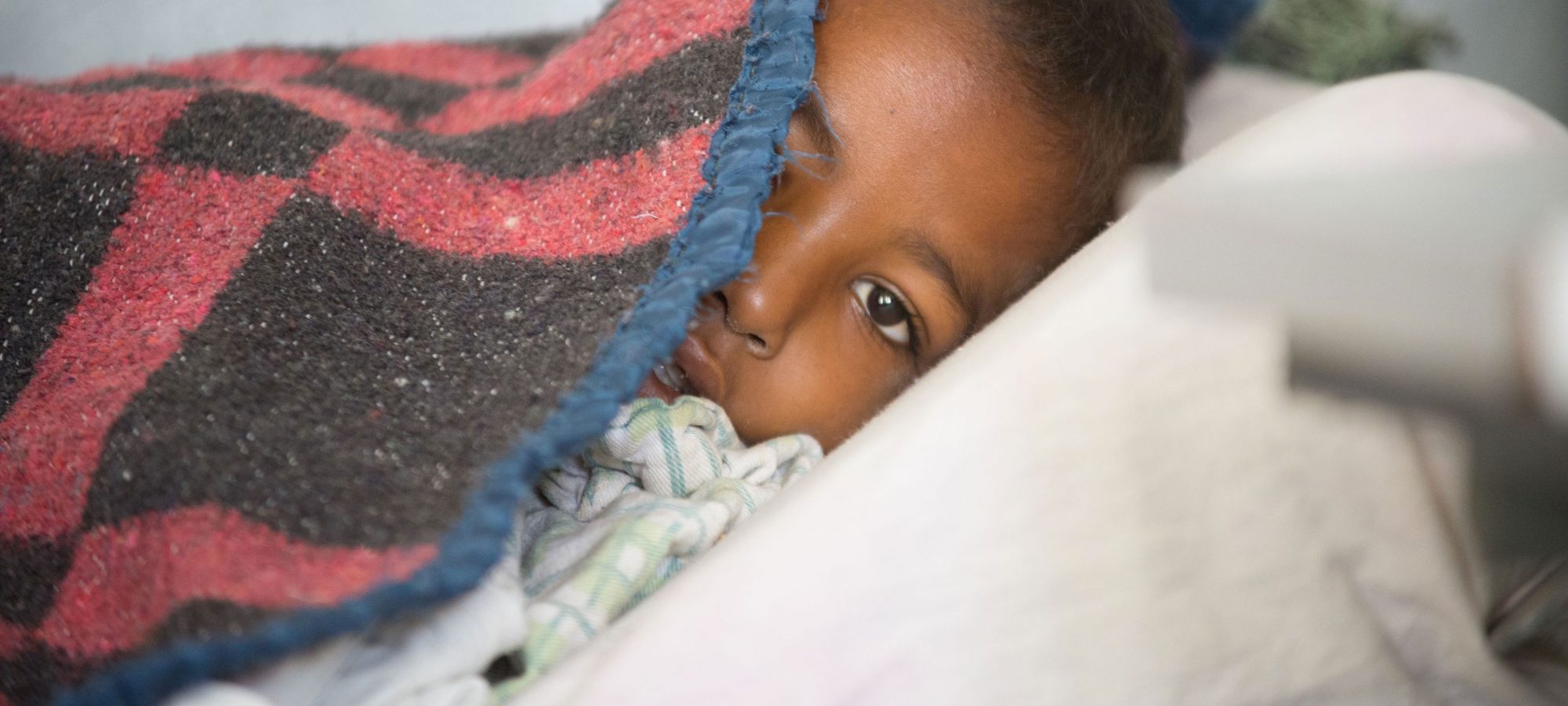Birth registration rates in South Sudan are low: only 35 percent of children under five are currently registered with the government. Without a birth certificate, children may not be able to register as a citizen or access education and immunisation programmes.
To reduce the number of undocumented births, Malaria Consortium integrated birth notification activities into the package of health services provided by community health workers (CHWs) in the counties of Aweil North and Aweil Centre in 2018, where just 17 percent of under-five births were registered.
Women key in improving child survival in South Sudan
Learn more about why maintaining a gender balance in community health teams is essential to guarantee the quality of services.
Birth notification is often used as an alternative to birth registration in turbulent settings. To generate a birth notification document, a caregiver should visit a local health facility with the newborn to record the infant’s name and date of birth. This document can then be used to register the child for schooling, apply for a passport or birth certificate, help locate a missing child and prevent child marriage. More accurate estimates of the number of children residing in each county can also help guide humanitarian interventions.
During household registration visits in the two counties, CHWs tracked all new births and recorded the number of undocumented children under five. They referred caregivers of 8,016 under-fives to health facilities for birth notification.
To raise community awareness, CHWs also promoted birth notification with the help of women’s groups, churches, community nutrition volunteers and traditional birth attendants.
To find out more about the project, take a look at our recent learning brief.
